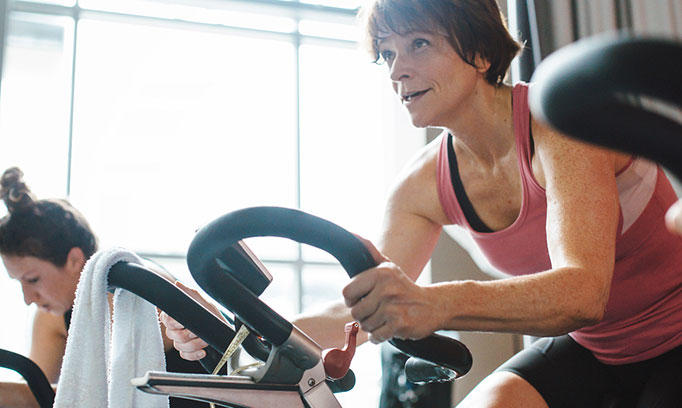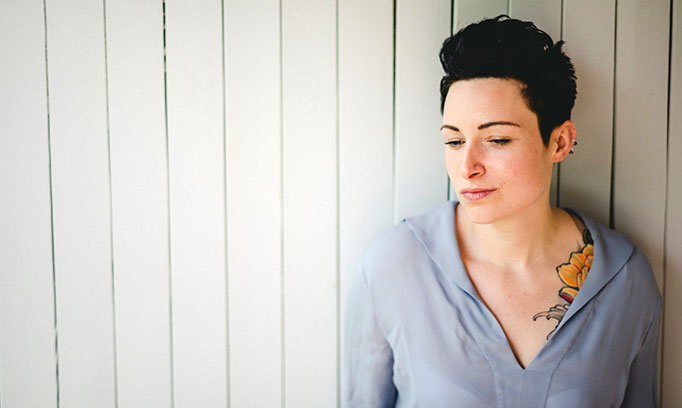HEAL
You have dense breasts. Now what?
- The FDA wants mammography facilities to include information about breast density to patients.
- If you have been told you have dense breast tissue, talk with your doctor about your concerns and your screening options.
The Federal Drug Administration (FDA) has proposed a change that requires mammography facilities to include information about breast density in letters to patients regarding their annual mammogram. Although this is a change on a national level, Minnesota has been required to share this information with patients since 2014.
The intention is to make women aware of whether they have dense breast tissue so they can decide, in consultation with their health care provider, whether or not to pursue additional screening breast imaging. This is a very personal decision. Being told you have dense breast tissue should not cause undue anxiety. Dense breast tissue is a normal finding, and about half of all women have dense breast tissue.
If you have dense breast tissue, this means you have a higher proportion of glandular breast tissue to fatty tissue. Having dense breast tissue can make it more difficult to see breast cancer on a mammogram. Dense tissue appears white on a mammogram while fatty tissue appears black. Breast cancer on a mammogram appears as a white spot, which is why it can be more difficult to see when the background is white as it is with dense tissue.
Breast density also slightly increases your risk for breast cancer. But dense breast tissue alone is not a major cancer risk factor.
If you have been told you have dense breast tissue and are concerned, talk with your doctor. Depending on your risk factors and personal preference, together you can decide if additional screening tests are right for you. If you are at average risk, you could consider doing 3D mammography for your annual exam. This screening tool has been shown to increase the detection of invasive cancers.
MORE LIKE THIS
Life after breast cancer: Get stronger with exercise
Posted October 17, 2019
Many women who have had breast cancer surgery, a lumpectomy or mastectomy, find it uncomfortable to exercise because your chest and arms can be sensitive and even painful, especially when wearing a bra or sports bra. Read on for ideas on how to find a bra that works for you so you can work out on a regular basis.
Continue reading






